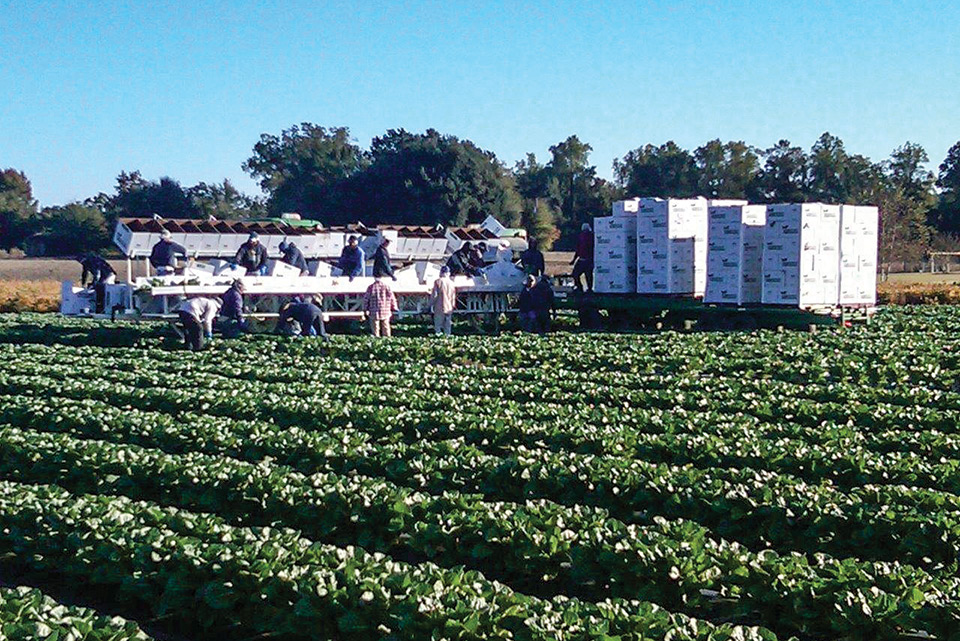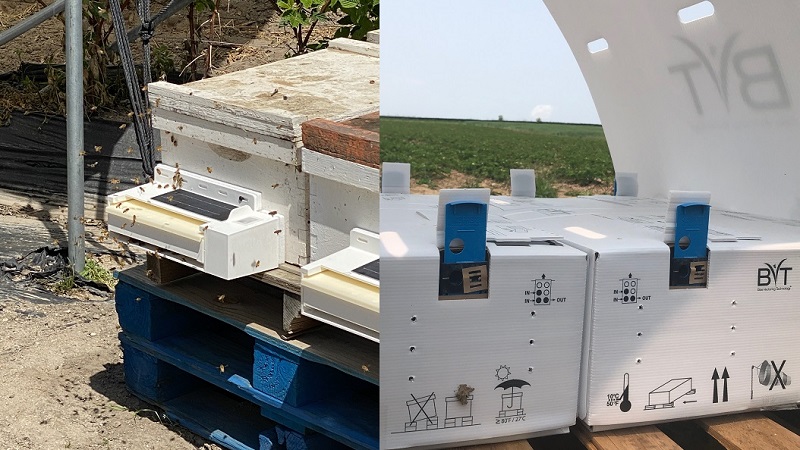First Hurdle Cleared for Farm Workforce Modernization Act

The proposed Farm Workforce Modernization Act is a step closer to becoming law.
Earlier this week , the House of Representatives passed H.R. 5038, the Farm Workforce Modernization Act, with bipartisan support. This is promising news for those in the ag industry, constantly fighting labor issues.
“For too long, the fresh produce industry has suffered under a system that fails to meet the labor needs of our industry,” said United Fresh Produce Association President and CEO Tom Stenzel. “Passage of this legislation represents an important step in ending decades of uncertainty for growers of fresh fruits and vegetables. United Fresh looks forward to similarly working with bipartisan members in the Senate to build on the work of their House colleagues and craft legislation that deserves our support.”
Craig Regelbrugge, Senior VP of AmericanHort, also weighed in on the bill’s approval.
“For years, our growers have struggled with a broken immigration and agricultural visa system that harms their ability to succeed and sustain their farms and businesses in today’s marketplace,” he said. “In view of the huge contributions the horticulture industry makes to local and national economies, action here couldn’t be more welcome.“
Regelbrugge noted that this is the first time in more than 30 years that the House has acted affirmatively to address the agricultural labor issue.
“We extend our deepest appreciation to the House lawmakers who saw through the politics and remained committed to addressing this problem in earnest,” Regelbrugge said. “We thank the bill negotiators with whom we worked to get to this day, and to all who voted to pass this bill.”
The Farm Workforce Modernization Act now moves to the Senate.
“We encourage the Senate to quickly take up this issue and work on a bipartisan basis to advance agricultural labor reform legislation in that chamber,” Regelbrugge said. “Growers and producers across the nation want to keep farming labor-intensive crops here in America, and labor solutions are urgently needed.”
For a closer look at how passage of this bill might truly affect growers in this industry, check out this op-ed piece for the Richmond Times-Dispatch that was co-written by Regelbrugge and John C. Watkins, a former Virginia state senator and past chair of the legislative policy committee for the American Nursery & Landscape Association, now AmericanHort.










